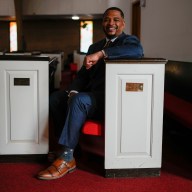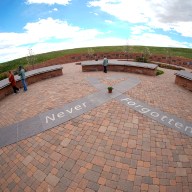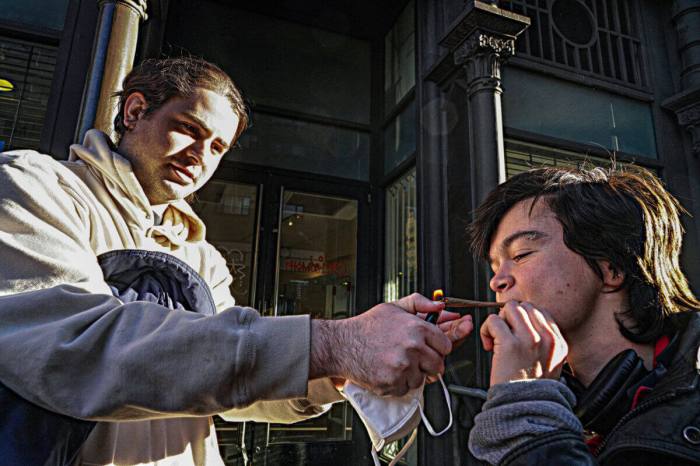Dancing can be many things, from a fun type of exercise to the ultimate form of cultural expression. But in New York City, it’s not always legal.
Bar and club owners citywide have been wrestling for literally a century with the questionably enforced cabaret law, which dates back to 1926 and requires club venues to have a special cabaret license if three or more people decide to dance in a bar or club.
But now, a coalition of dance activists and supporters are hoping to once again get their groove on with the launch of a renewed campaign to repeal the Prohibition-era law.
The law originally was a tool enacted to keep Harlem jazz clubs in check and to prevent racial intermingling, according to city history. Activists have called the law everything from racist to ridiculous.
Greg Miller, executive director of Dance Parade, a nonprofit founded in response to the city’s cabaret laws and a key voice calling for repeal, is concerned that the number of cabaret licenses across the city continues to decline.
“Speaking for the 10,000 dancers who danced down Broadway earlier this month in the 11th Annual Dance Parade,” said Miller, “we’re shocked that there are only 93 places to dance, half of what it was when Dance Parade started 11 years ago.”
Last year, there were reportedly only about 127 cabaret license holders citywide, of NYC’s more than 12,000 bars and clubs, according to city records.
RELATED: Ninety years and counting for New York City’s outdated cabaret law
Olympia Kazi, a member of the NYC Artist Coalition, which advocates for the safety and preservation of community-driven cultural spaces, said, “We believe strongly that there is no place for such a law in a contemporary civil society.”
Brooklyn City Councilman Rafael Espinal Jr, chairman of the Consumer Affairs Committee, said he plans to introduce legislation to repeal the abiding cabaret laws, which he called “ludicrous.”
Police sources and politicians alike have said in the past the cabaret laws are mainly used as tools to control and/or close problem clubs and venues citywide.
Espinal, during a recent interview on the Brian Lehrer Show on WNYC, said the city should address safety violations by using existing laws in place that deal with such issues and not just cite violations of the cabaret law.
Echoing a caller who implied that the law’s use has racial overtones, Espinal said that many “black and Latino bar owners do suffer” under the cabaret law by being targeted more frequently than other non-ethnic venues.
One Brooklyn bar owner, who did not want his venue named for fear of retaliation by the city, said that the real issue for club owners is not so much the associated fines for building code or fire safety regulations, but that a club can be shut down permanently after a third cabaret law violation.
Club owners say most venues are unable to get cabaret licenses for a variety of reasons, mainly due to the fact that the club must be located in a manufacturing district — which few are.
Other licensing hurdles include mandatory digital video security, approvals from the building and fire departments as well as costly licensing fees that can range from $300 to more than $1,000 depending on a venue’s size and date of filing.
A spokesperson for City Hall would not comment directly on the repeal efforts but expressed a willingness to listen.
“While we cannot comment due to pending litigation, we will review any feedback on this issue,” the spokesperson said.
Andrew Muchmore, an attorney who owns Muchmore’s Café in Williamsburg, the site of a recent panel discussion to repeal the cabaret law, has an ongoing case in federal court challenging the law.
The 2014 lawsuit arguing that the cabaret law is “applied arbitrarily and infringes on freedom of assembly and expression” is expected to be resolved next year, Muchmore said.

















